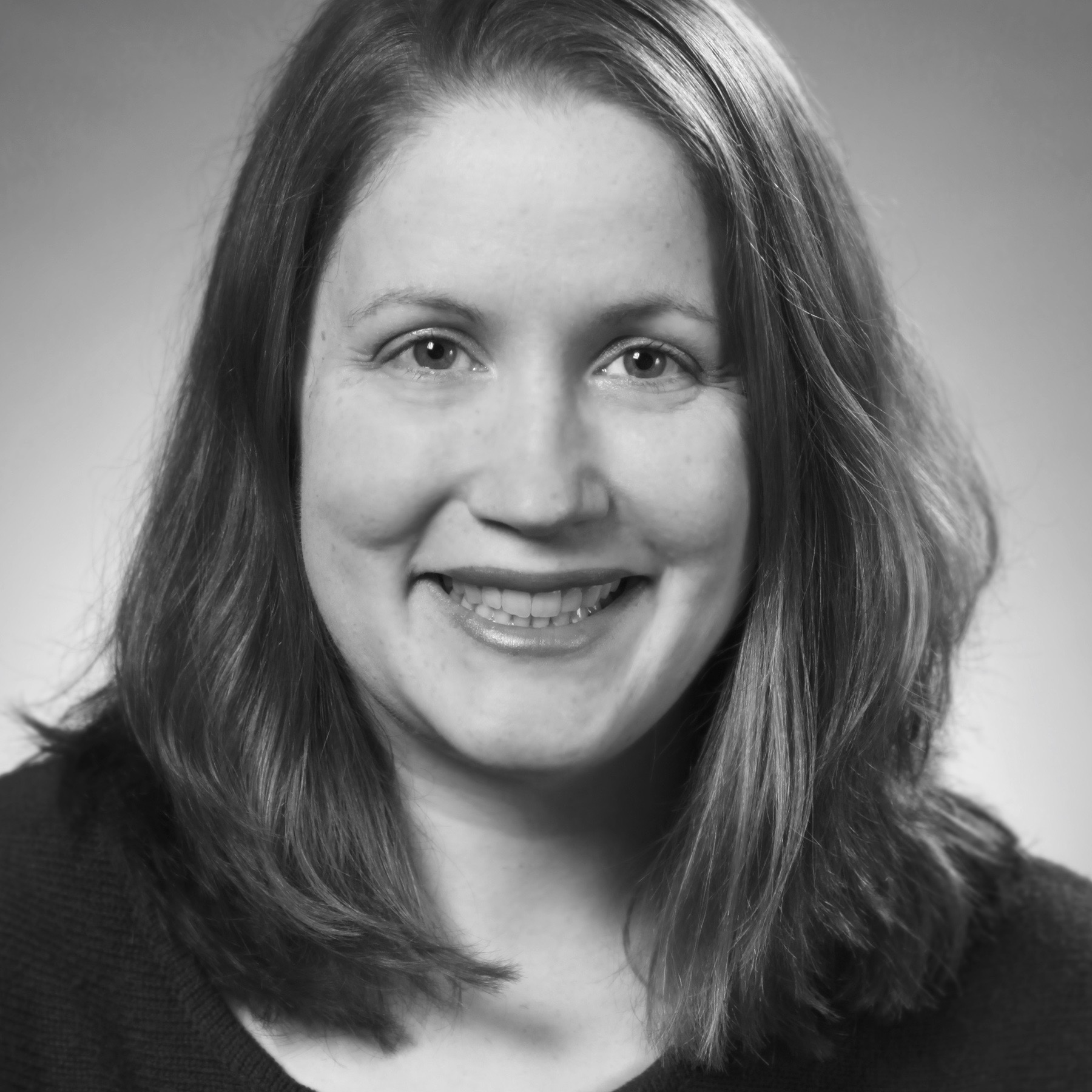
Like so many Reform Jews, I have lived my life with the sometimes difficult reconciliation between our powerful tradition and living in the modern world. I have spent many years (and a graduate school research paper) examining the change in Jewish traditions, particularly as they relate to holidays.
The one I have struggled with the most is Tisha b’Av. Mishna tells us that “On the ninth of Av, it was decreed that our fathers should not enter the Promised Land, the Temple was destroyed the first and second time, Bethar (last standing Jewish fortress in the Bar Kokhba revolt) was captured and the city (Jerusalem) has ploughed up.” More modern catastrophes such as the expulsion of Jews from England and Spain are also attributed to this day as well. For these reasons, and others, Tisha b’Av is marked as the saddest day on the Jewish calendar.
As part of the observance of this late summer holiday, we observe many of the same restrictions as Yom Kippur—fasting, abstaining from bathing, wearing leather shoes, and sexual intercourse. At the evening synagogue service, we sit on the floor, as a sign of mourning, and read from the Book of Lamentations. Lights are dimmed, a few candles are lit, and the service is recited in a hushed tone, giving the feeling of a house of mourning—akin to the entire Jewish people sitting shiva for catastrophes which are a part of our collective history.
Admittedly, I had never heard of, let alone experienced Tisha b’Av, until I was an adult. I have struggled with this day, partly because it takes place in the late summer as we are hurriedly moving from summer to back to school and also because even after three visits to Israel, I have been naively removed from these events of the past.
The Temple no longer stands, but I have experienced the holiness that is that site. And the modern State of Israel is a testament to our people’s survival. Tisha b’Av used to seem so ancient and difficult to relate to. It is sadly ironic that I never wanted to feel that sense of mourning. And now I do.
Here we are in 2019 and I have found myself mourning a lot recently. Not just as a Jew. As an American. To be sure, Pittsburgh and Poway have shaken us to our core. But, it’s not just us. The FBI reports that hate crimes nationwide have risen dramatically in recent years. As I write this, the nation is still reeling from the most recent mass shootings in El Paso and Dayton. By all accounts, the El Paso shootings appear to be a hate crime (El Paso is 80% is Latinx). Two days ago, over 600 immigrants in Mississippi were rounded up in an ICE raid as their children attended their first day of school. Make no mistake, the American soul has lost its way. How sadly ironic that after all these years, I have found a modern reason to mourn on Tisha b’Av.
Leviticus tells us to not stand idle while your neighbor bleeds (19:6). So we won’t. The Jewish community has repeatedly spoken out against cruel treatment of immigrants and in about a month, a delegation from several Jewish organizations will head to the Arizona-Mexico border in solidarity and advocacy. The biblical references to loving and treating immigrants with decency and equality are too numerous to count. Indeed, we are facing a moral crisis as Jews.
This Saturday night, as Jews everywhere sit on floors and read Lamentations, perhaps no verse is as poignant as this. “The tongue of the sucking child cleaves to the roof of his mouth for thirst; the young children ask bread, and no man breaks bread for them…For the punishment of the iniquity of the daughter of my people is greater than the punishment of the sin of Sodom, that was overthrown as in a moment, and no hands stayed on her” (4:4-6). Tisha b’Av is no longer a day of mourning for tragedies of the past. I am mourning for our present. And praying for our future. Jewish poet Emma Lazarus’ words, immortalized on the Statue of Liberty, say “Give me your tired, your poor, Your huddled masses yearning to breathe free.” That time is now.
Lisa Rothstein Goldberg is a social worker and Jewish educator. She lives in Louisville, KY with her husband and their two young daughters.























 More news and opinions than at a Shabbat dinner, right in your inbox.
More news and opinions than at a Shabbat dinner, right in your inbox.